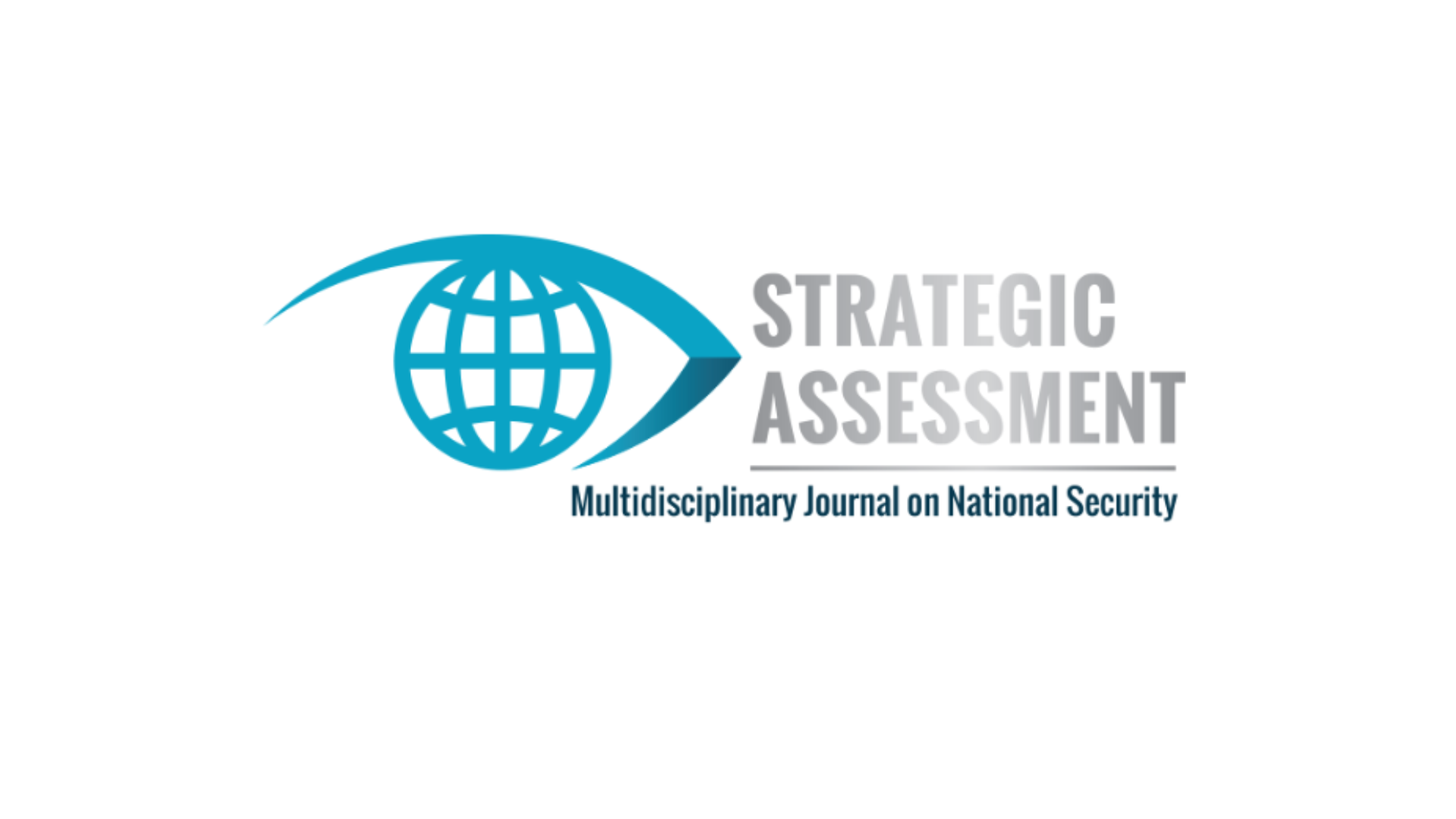Strategic Assessment

Russia’s current foreign policy in the Middle East will likely follow a similar course in the future: its actual presence in the region will remain limited, while issues related to the Middle East will continue to occupy an important place in its diplomatic rhetoric. This argument is based on four premises. First, the Foreign Policy Concepts of 1993, 2000, and 2008 suggest a departure from messianic philosophy. Second, the collection of doctrines enacted over the last decade to regulate Russia’s conduct abroad all bear an imprint of Vladimir Putin’s political philosophy, which endorses “pragmatic nationalism.” The third reason is the relative insignificance of the region for Russia. Finally, Russia’s freedom of action is curbed by various domestic constraints, and thus it cannot afford to be more militarily involved in the Middle East.


